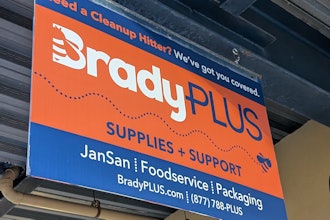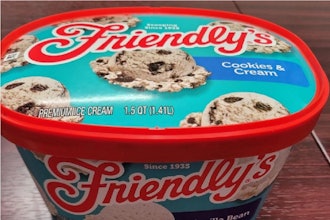DALLAS, Texas (PRWEB) — “Global Private Label Trends and Packaging Innovation, 2013” is a detailed analysis of and insight into recent packaging innovations in the global private label market within the Food, Beverages and Health and Beauty industries, related to key trends, drivers, and issues. The report is a result of extensive research to provide a comprehensive understanding of the global private label market and packaging consumption; this clearly establishes market trends, packaging dynamics, and areas of future growth.
Detailed coverage of key packaging innovations across global private label markets. Pack materials and components covered include rigid plastics, flexible plastics, paper and board, rigid metal, glass, closures, labels and adhesives.
Growth in private labels and growth in demand for private label packaging are analyzed in the Food, Health and Beauty and Beverages sectors. Packaging innovations are related to four identified private label strategies: Low cost value, Value for money duplicate products, Differentiation, and Quality leadership.
Private label strategies are increasingly varied in mature markets such as the UK and the US. While there still remains a place for low cost, basic quality goods such as Walmart's “Great Value” range, it is becoming common to see private label ranges across a variety of price points as retailers attempt to differentiate their brands from national brands (such as Tesco's “Goodness” healthy food for kids range) as well as compete directly with them (such as Mercadona's “Hacendado” juices in Spain).
Innovation in packaging is key to updating the image of private label products being followers rather than leaders. Private label is a great vehicle for launching packaging innovations as decision making processes are much shorter with retailers than with brand manufacturers.
Although value ranges still exist, private label products have developed quality ranges as they are able to work with local suppliers and can monitor and guarantee provenance, this has been especially important with recent food scares.
The core consumer sector, as far as private label is concerned, remains Food, whilst Health and Beauty will be the rising star in terms of future market potential. There is limited growth potential for Beverages over the next five years as far as private label is concerned, as brand manufacturers have a far more entrenched position in many mainstream soft drinks and beer categories.
In established market retailers are drawing their private label products together with pack designs and labeling as a single Private Label range such as Tesco's “Essentials”.
Perception of product quality for premium private label ranges is being established by using quality pack formats and designer labeling rather than white label, basic font products associated with value ranges, such as “Presidents Choice” by Loblaws.





















